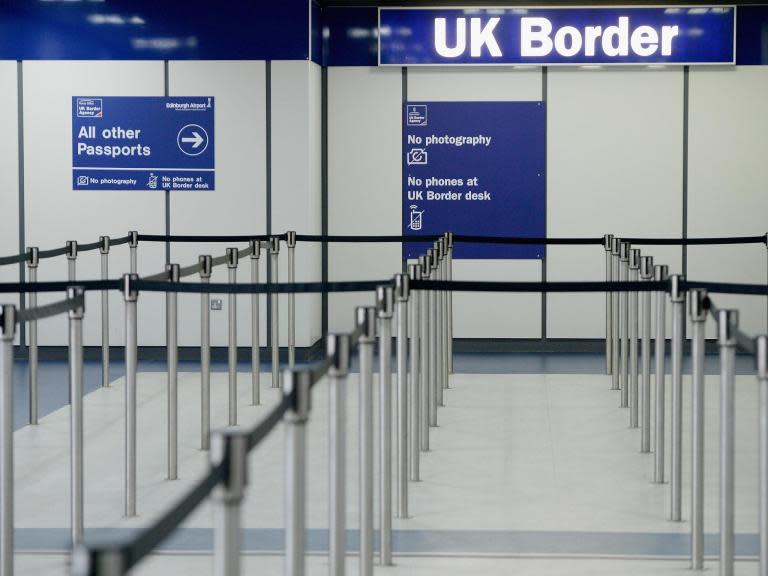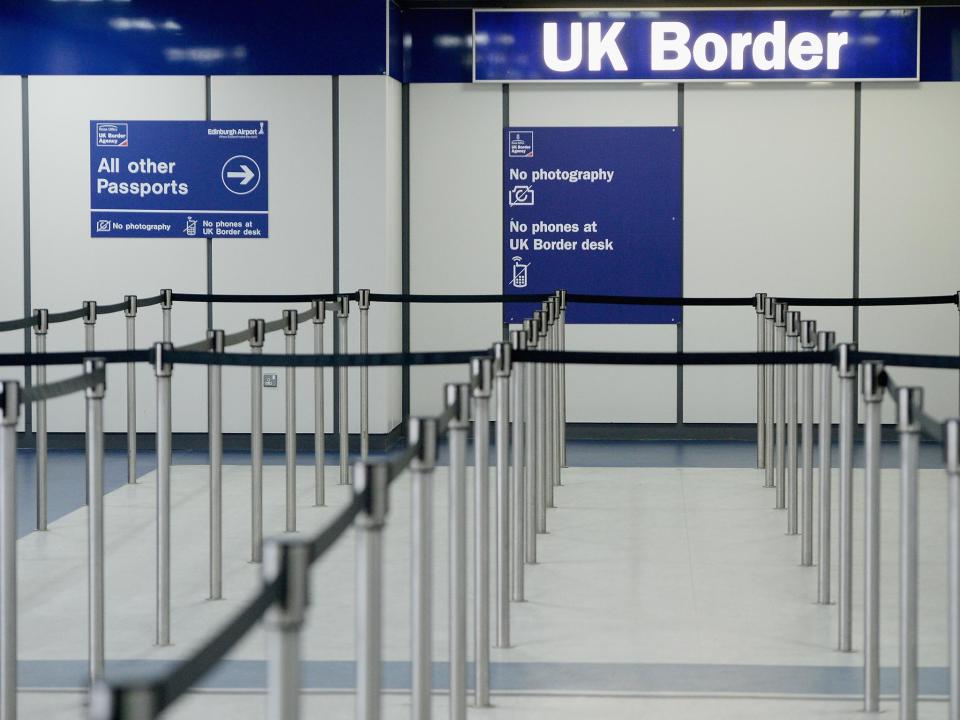Seven extra countries get access to UK ePassport gates
Citizens of seven extra countries will be able to use ePassport gates at UK airports and train stations as of today.
Visitors from Australia, Canada, Japan, New Zealand, Singapore, South Korea and the United States will now be able to join the same queue as EU nationals.
The move is “designed to speed up border controls for low-risk countries,” according to the Home Office.
The plan was originally announced as part of the Chancellor’s 2018 Budget in October, but since then has expanded to include seven rather than the initial five countries, with the date brought forward from June to 20 May.
The gates use facial recognition technology to compare a passenger’s face to the digital image recorded in their passport. They are monitored by Border Force officers and anyone rejected at the gates will be sent to a manned passport check to have their identity and passport checked.
“Our new global immigration and border system will improve security and fluidity for passengers coming to visit or work in the UK,” said Home Secretary Sajid Javid.
“Expanding the use of ePassport gates is a key part of this and allows us to improve the passenger experience of those arriving in the UK while keeping our border secure.
“The new system will help to drive our economy, cement our reputation as a global leader and send a clear message to the world – the UK is open for business.”
The change comes into force as the UK also scraps landing cards for all international visitors, despite unions warning this will “weaken our borders”.
Leaked documents revealed that the Home Office had told Border Force staff that “there will no longer be a requirement for any passenger, of any nationality, to complete a landing card” from 20 May.
“The ISU is very disappointed that this measure was introduced so suddenly and without the technological support staff that had been promised,” Immigration Service Union (ISU) professional officer Lucy Moreton told The Independent.
“This is not taking back control of our borders. This is further weakening them.”

 Yahoo News
Yahoo News 

